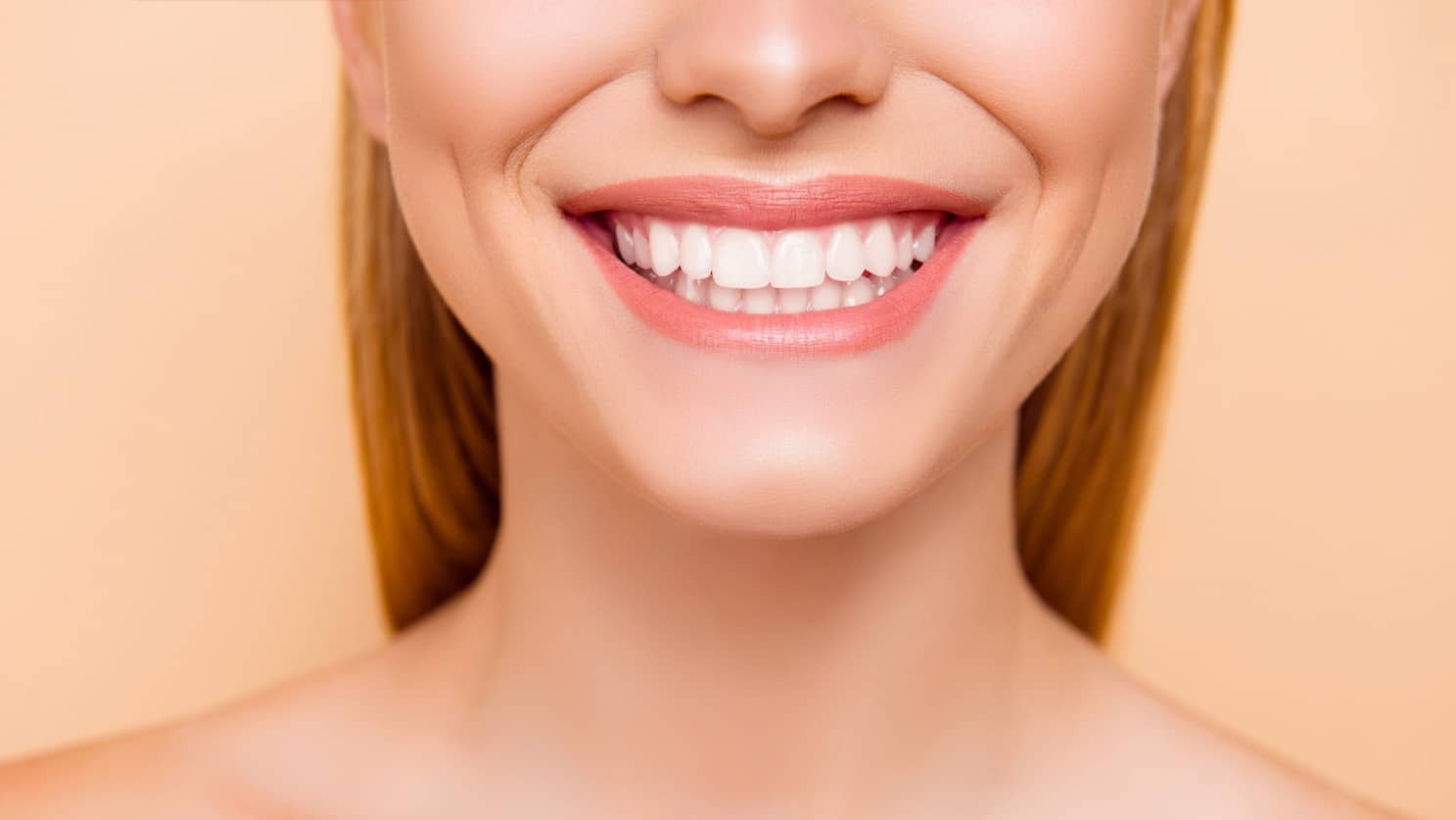Costhetics has a question for you....
Are you an early riser who likes to take your time getting ready in the morning, or are you someone who bolts out of bed into your clothes and are out the door in a flash? Whichever kind of person you are, brushing your teeth should be part of your morning. (It should also be part of your night-time routine, but that’s a topic for another day.)
The more important question to ask is: should you brush your teeth before or after breakfast? So Costhetics asked. A deep dive into news and information about dental health and beauty yielded results we didn’t expect. It turns out that when you brush your teeth in the morning is up for debate, even among dental professionals.
Before we talk about when you brush your teeth, let’s talk about why.
Teeth and Facial Aesthetics
It’s nice to have an attractive smile. Pearly whites enhance cheek augmentation or lip surgery. They are a perfect accent to a recent rhinoplasty and the pièce de résistance of a deep plane face lift. But it is oral health, not dental beauty that is the main reason for a good tooth-brushing each morning. Regular brushing:
- Prevents Plaque and Everything That Comes After – Twice-daily brushing helps you to keep your teeth in your head where they belong. When you brush, you prevent the build-up of plaque on your teeth. Plaque occurs when oral bacteria feeds on food lodged in and around the teeth. Plaque is dangerous, as it damages both tooth enamel and gums and can eventually lead to other serious problems including gingivitis (an inflammation of the gums), as well as tooth decay, cavities, and the need for extractions.
- Keeps Saliva Flowing – Brushing your teeth promotes natural saliva production. Saliva is a friend to teeth, washing away food and bacteria. It also deposits minerals on the teeth that may have been eaten away during the night.
- Keeps Diseases You Didn’t Expect at Bay – Costhetics was surprised to learn that gum disease can affect blood glucose levels That makes good dental health a top priority for people who have diabetes or a family history of the disease. There are even studies that link oral health to reducing the likelihood of dementia by as much as 30%.
- Makes In-Person Communication More Pleasant – We can’t close out this section on the importance of brushing without mentioning how important this daily ritual is to interactions in real life. Now that we’ve come out of COVID isolation and are socialising in person again, it’s time to put clean teeth and fresh breath front and centre.
Now you understand the why of brushing, let’s look more closely at the when.
The Case for Brushing Your Teeth Before Breakfast
Your morning mouth is like a petri dish filled with bacteria that emit a terrible smell. These bacteria are hungry, and when you sit down to your morning meal, they are ready to eat too. Bacteria, it turns out, have a taste for carbs. So when you eat your morning muffin, toast with Vegemite, pancakes, even fruit, the bacteria in your mouth think they’ve hit the jackpot. If you brush your teeth before breakfast, however, you will wash away much of the bacteria before they can do damage. Adding insult to injury is the fact that if you wait until after breakfast, you’re scrubbing the acids typically found in breakfast foods into your teeth and damaging the enamel on the surface of your teeth.
As mentioned above, brushing stimulates saliva. In addition to everything else it does, saliva helps neutralise acidity in your mouth. In 2018, a study of adults aged 60 and older found that “salivary flow rates increased during, and for up to five minutes following” a morning brush. This is good news as saliva contains bicarbonate, which is an effective defence against high-acid breakfast foods like grapefruit and lemons or drinks like orange juice and coffee, which can destroy tooth enamel.
Finally, brushing your teeth before breakfast ensures that you get the job done. Even the best-intentioned among us can get side-tracked.
The Case for Brushing Your Teeth After Breakfast: Wait
If you’re half-awake when you get out of bed, chances are you will do a slipshod job brushing your teeth. After breakfast, when you’re more alert, you may do a better job of washing away acid-producing bacteria. Plus, the fluoride in your toothpaste will stay on your teeth when you brush after breakfast, rather than being swallowed with your morning meal. Additionally, breakfast is a meal most of us consume with alacrity, finishing up in just ten to fifteen minutes. That’s bad news for mouth bacteria as it doesn’t give them much time to feed.
The most important caveat to brushing after breakfast is this: wait at least 30 minutes before you do. Tooth enamel takes a temporary beating from acidic breakfast foods and drinks. It takes approximately 30 minutes for the teeth to recover. If you brush before then, you are likely to cause additional damage. (Pro tip: swishing water in your mouth is a good way to get rid of food bits while you’re waiting.)
Have you decided whether you want to be a before or after breakfast brusher?
